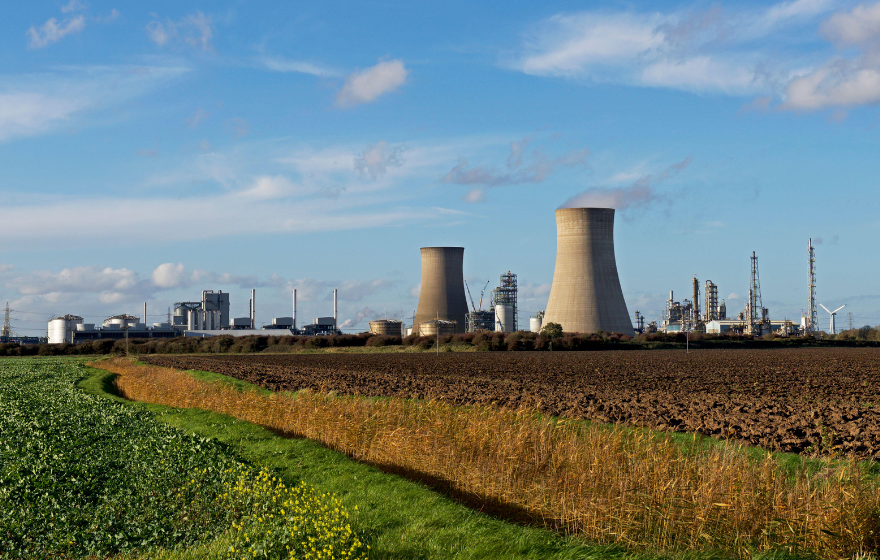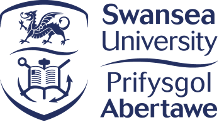
- This event has passed.
Blue Skies, Green Future Webinar: The biotechnological potential of environmental microbiomes: a new route to CO2 utilisation?
22 March 2023 @ 2:00 pm - 3:00 pm

The ‘Blue skies, green future’ webinar series presents ideas and innovation to spark discussion on the topic of transformation and sustainability within the foundation industries.
This webinar will be presented by Dr Sophie Nixon
The biotechnological potential of environmental microbiomes: a new route to CO2 utilisation?
Microbial life exists in almost every habitable environment on Earth. Through a vast diversity of metabolism, microorganisms exert a significant influence on their surroundings and contribute substantially to global biogeochemical cycles (most notably the carbon cycle). We now know microorganisms conduct their metabolism not in isolation but as interdependent multi-species consortia. Microbial metabolism has long been harnessed for biotechnological applications, for instance anaerobic digestion of waste and bioremediation of environmental pollutants. Arguably the single biggest environmental problem today is the CO2 emissions crisis, and light-independent microbial metabolism offers a compelling solution to attenuate this problem. Indeed, these solutions have recently been demonstrated through the use single engineered strains of CO2-utilising bacteria (e.g. LanzaTech). However, the conventional single-strain genome engineering approach neglects the vast diversity of metabolic potential of microbial communities (or ‘microbiomes’). In this talk, Dr Nixon will use the urgent need to convert waste CO2 into useful resources as an example of how environmental microbiomes can and should be engineered to better solve environmental problems.
About Dr Sophie Nixon
Dr Sophie Nixon is a BBSRC David Phillips and Dame Kathleen Ollerenshaw Fellow at the University of Manchester. Based in the flagship Manchester Institute of Biotechnology (MIB), she leads an Environmental Microbiology and Biotechnology group focused on understanding and harnessing microbial community carbon cycling. Her track record for deep subsurface microbiology was recently recognised through the award of the Mineralogical Society’s Max Hay medal for research excellence by an early career researcher. Current research priorities include understanding the role of subsurface microbial communities on geological CO2 storage, and the use of CO2-driven environmental microbiomes to convert waste CO2 into value-added products (the topic of this talk).
About the Network
The TFI Network aims to assist the foundation industries to remain competitive whilst simultaneously facing challenges from environmental legislation and the drive towards net-zero carbon 2050. Launched in February 2021, the core aim of TFI Network+ is to co-create with the Foundation Industries new science and technology that can transform their sustainability and performance by coordinating and channelling a wide range of expertise throughout UK academia in themes such as energy efficiency, circular economy, new generation processes and manufacturing informatics.
TFI Network is funded by Engineering and Physical Science Research Council. The Network offers small project grants to support research, transformation and collaboration across the six sectors of the foundation industries. Becoming a member of the Network allows you to advertise your expertise or business requirements to other members, identify other members who may have similar research areas for collaboration and submit applications for small project grants. Visit https://tfinetworkplus.org/ to become a member.





